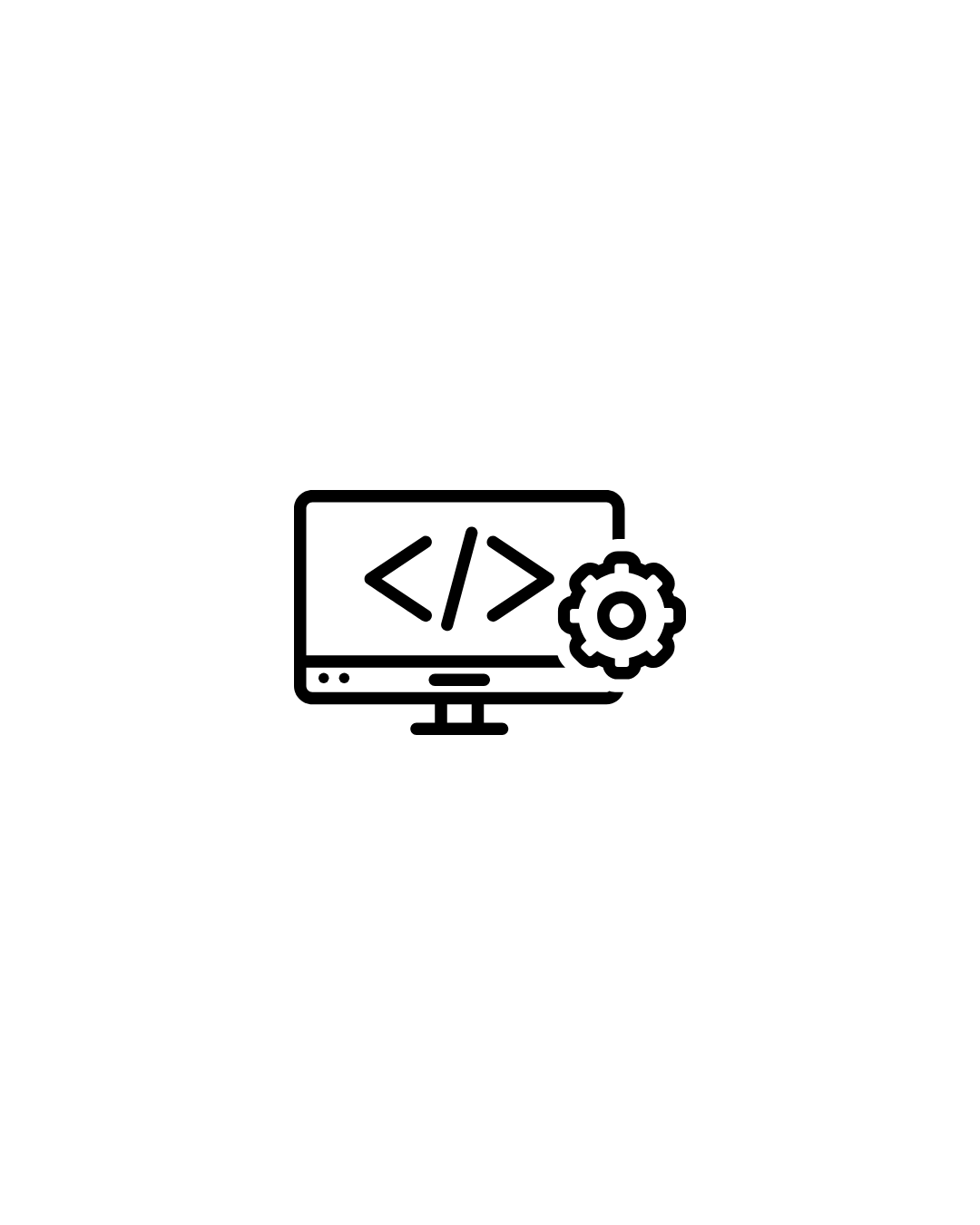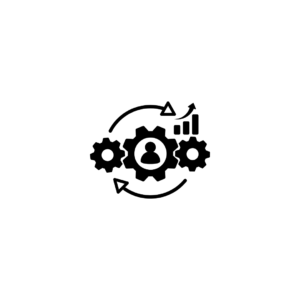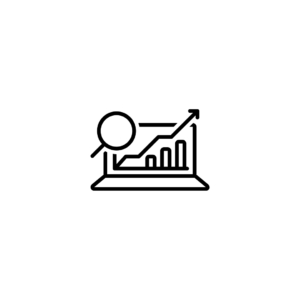Description
An Advanced Diploma in Software Development is designed to provide students with comprehensive knowledge and skills in software engineering, programming languages, software development methodologies, and project management. This program prepares graduates to design, develop, test, and maintain software applications across various platforms.
Course Details:
Duration: Typically 1 to 2 years, depending on the institution.
Eligibility: Candidates usually need to have completed higher secondary education (12th grade) in a science stream or a related field, or have relevant work experience in IT.
Mode of Study: The program is offered in full-time or part-time formats, combining theoretical learning with practical training.
Curriculum:
The curriculum for an Advanced Diploma in Software Development generally includes the following key areas:
1. Introduction to Software Development
Fundamentals of Software Engineering:
Overview of the software development lifecycle, including requirements gathering, design, implementation, testing, and maintenance.
Software Development Methodologies:
Introduction to Agile, Scrum, Waterfall, and other development methodologies.
2. Programming Fundamentals
Programming Languages:
In-depth study of programming languages such as Java, C#, Python, or JavaScript, focusing on syntax, control structures, and data types.
Object-Oriented Programming (OOP):
Principles of OOP, including classes, objects, inheritance, polymorphism, and encapsulation.
3. Web Development
Front-End Development:
Learning HTML, CSS, and JavaScript for building user interfaces and responsive web applications.
Back-End Development:
Understanding server-side programming using frameworks like Node.js, ASP.NET, or Django.
4. Database Management
Database Design and SQL:
Fundamentals of relational databases, normalization, and creating queries using SQL for data manipulation and retrieval.
NoSQL Databases:
Introduction to NoSQL databases like MongoDB and their applications in software development.
5. Mobile Application Development
Developing Mobile Apps:
Techniques for creating mobile applications using platforms such as Android or iOS development frameworks like React Native or Flutter.
6. Software Testing and Quality Assurance
Testing Techniques:
Learning various testing methodologies, including unit testing, integration testing, and user acceptance testing.
Automation Testing Tools:
Introduction to tools like Selenium or JUnit for automating testing processes.
7. User Experience (UX) Design
Principles of UX Design:
Understanding user-centric design principles and how to create intuitive and accessible user interfaces.
Wireframing and Prototyping:
Tools and techniques for creating wireframes and prototypes to visualize software applications.
8. Project Management
Agile Project Management:
Concepts of managing software development projects using Agile methodologies.
Version Control Systems:
Using tools like Git and GitHub for version control and collaborative software development.
9. Capstone Project
Major Project:
Working on a comprehensive software development project that integrates the skills and knowledge acquired throughout the program, often involving real-world problem-solving.
Assessment:
Assessment methods in this program may include:
Practical Projects:
Hands-on assignments and projects that allow students to demonstrate their software development skills.
Written Exams:
Tests to evaluate students’ understanding of programming concepts, methodologies, and software design principles.
Group Work:
Collaborative projects that encourage teamwork and application of knowledge in developing software solutions.
Career Opportunities:
Graduates of the Advanced Diploma in Software Development can pursue various career paths, including:
Software Developer/Engineer: Designing, developing, and maintaining software applications for different platforms.
Web Developer: Creating and managing websites and web applications, focusing on both front-end and back-end development.
Mobile App Developer: Specializing in building applications for mobile devices on platforms like Android or iOS.
Quality Assurance Engineer: Focused on testing software to ensure it meets quality standards and requirements.
DevOps Engineer: Integrating development and operations processes for streamlined software delivery and deployment.
This advanced diploma program is ideal for individuals passionate about technology and software development, preparing them for a rewarding career in the fast-paced IT industry. If you have any further questions or need more information, feel free to ask!









